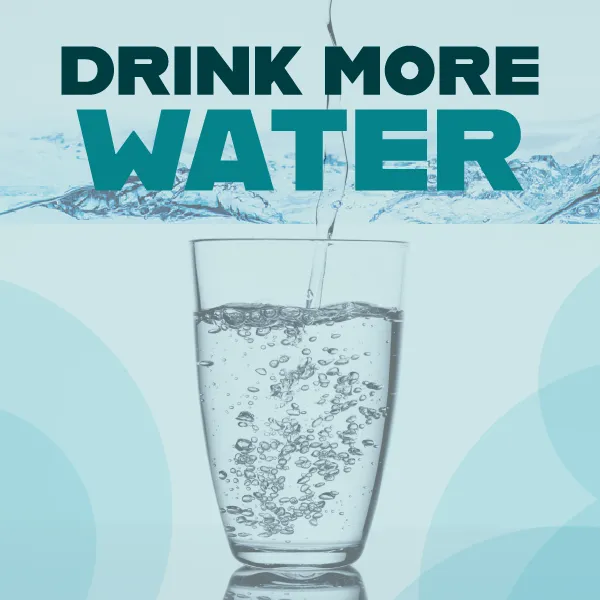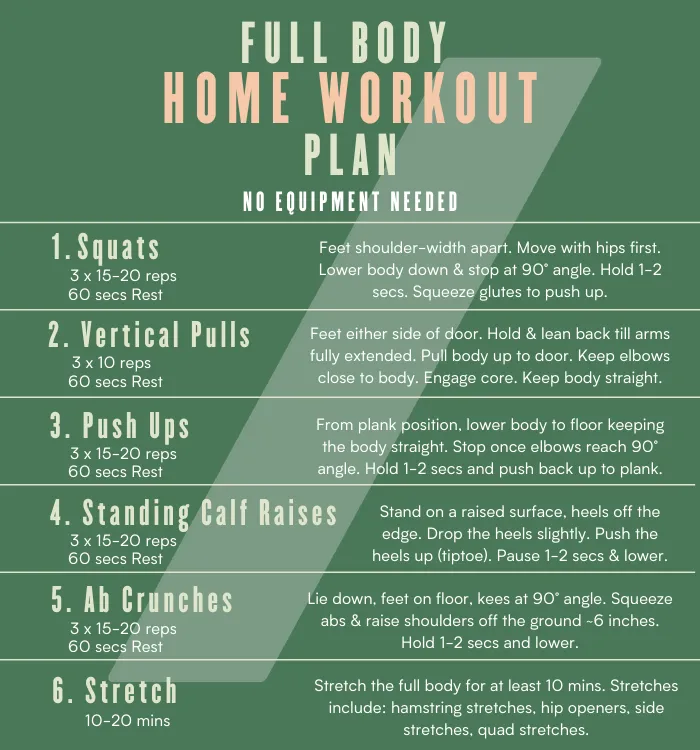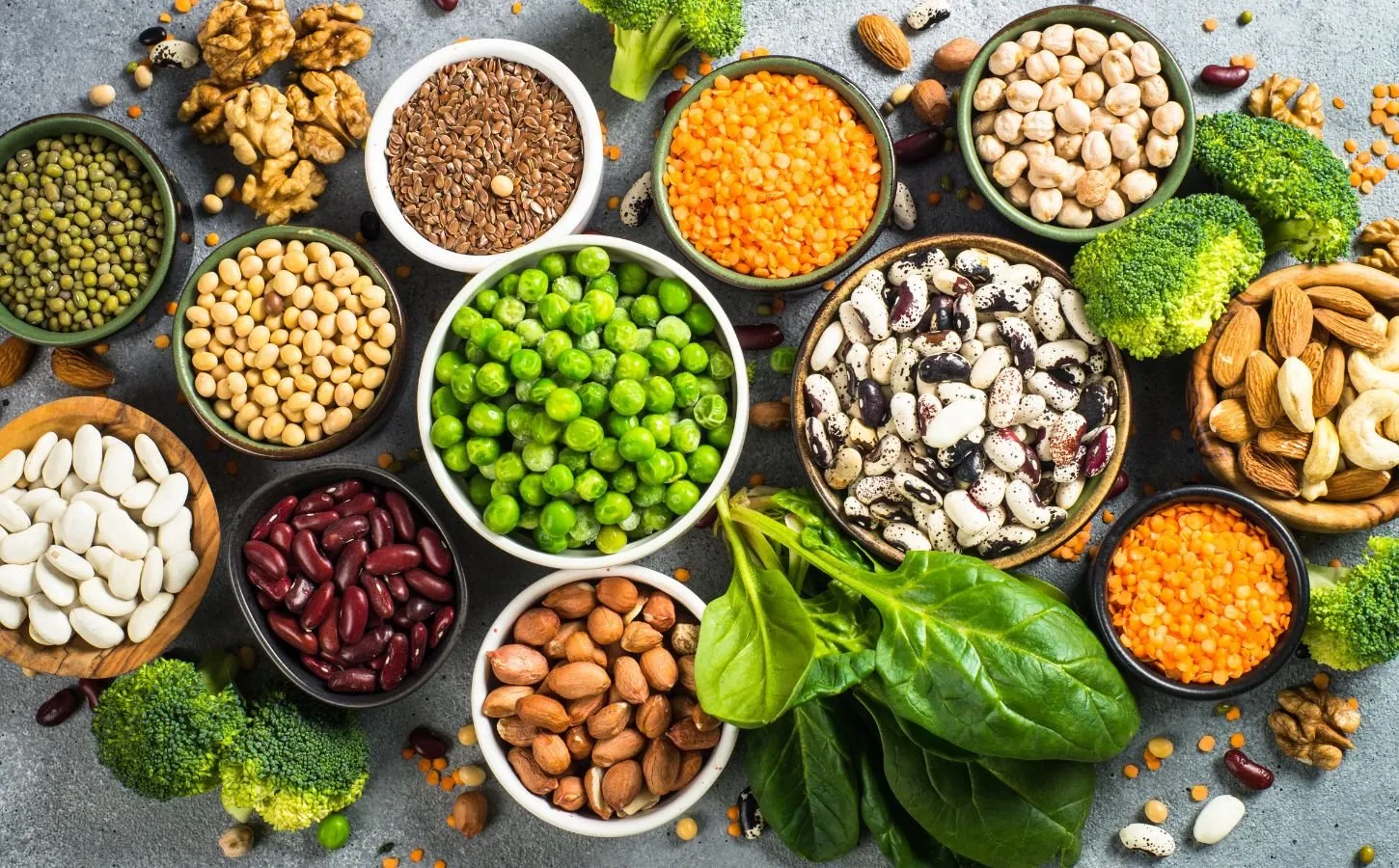Water is the elixir of life. It is the most essential resource for sustaining life, playing a vital role in maintaining the body’s overall health and functionality. Despite being readily available in most parts of the world, many people underestimate the significance of staying hydrated. In this article, we will explore the numerous benefits of drinking water and how it supports physical, mental, and emotional well-being.
1. Hydration: The Foundation of Health
The human body is composed of approximately 60% water. Every system in the body relies on water to function properly. From regulating body temperature to aiding digestion and circulation, water is at the core of nearly every biological process. Without adequate hydration, the body cannot perform optimally, leading to fatigue, decreased cognitive performance, and other health issues.
How Much Water Do You Need?
The amount of water a person needs varies based on factors such as age, gender, activity level, and climate. A common recommendation is the “8×8 rule,” which suggests drinking eight 8-ounce glasses of water daily. However, some experts advocate for individual assessments, suggesting men aim for about 3.7 liters and women for 2.7 liters of total fluids daily.
2. Enhances Physical Performance
Whether you’re an athlete or simply enjoy regular exercise, drinking water is crucial for physical performance. During physical activity, the body loses water through sweat, and failing to replace it can lead to dehydration. Dehydration can cause muscle cramps, fatigue, and a decline in coordination, making it difficult to perform even basic tasks.
Why Athletes Need More Water
For athletes, water helps regulate body temperature, lubricates joints, and delivers nutrients to cells. Staying hydrated can enhance endurance, reduce the risk of injuries, and accelerate post-exercise recovery. Drinking water before, during, and after workouts ensures that the body maintains its peak performance levels.
3. Supports Weight Loss
Drinking water is a simple yet effective strategy for those looking to lose weight. Water has zero calories, making it an excellent alternative to sugary beverages that contribute to weight gain. Additionally, drinking water before meals can help control appetite, leading to reduced calorie intake.
Boosting Metabolism
Research suggests that drinking water temporarily boosts metabolism. When you drink cold water, the body uses energy to heat it to body temperature, slightly increasing the number of calories burned. Although the effect is modest, it can contribute to weight loss over time when combined with a healthy diet and exercise.
4. Promotes Healthy Skin
Your skin is the largest organ in your body, and it relies heavily on water to stay healthy and vibrant. Proper hydration helps maintain skin elasticity, reduce dryness, and prevent premature aging. When the body is dehydrated, the skin can appear dull and more prone to wrinkles and blemishes.
Flushes Out Toxins
Water plays a crucial role in flushing out toxins from the body through sweat and urine. By removing harmful substances, water helps maintain clear and glowing skin. For optimal skin health, pair hydration with a balanced diet rich in vitamins and antioxidants.
5. Improves Cognitive Function
The brain is approximately 75% water, and staying hydrated is essential for maintaining cognitive function. Even mild dehydration can impair concentration, memory, and mood, making it harder to focus on tasks. Studies show that drinking water can enhance mental clarity, reduce anxiety, and improve overall productivity.
Hydration and Mental Health
Water also influences emotional well-being. Dehydration is linked to increased feelings of stress and irritability. By drinking enough water, you can support your brain’s chemical processes, promoting a stable and positive mood throughout the day.
6. Aids Digestion
Water is essential for a healthy digestive system. It helps break down food so that nutrients can be absorbed more efficiently. Additionally, water softens stool, preventing constipation and promoting regular bowel movements.
Prevents Digestive Disorders
Drinking water can reduce the risk of digestive disorders such as acid reflux and gastritis. When the body is hydrated, the stomach lining is better protected against harmful acids, creating a more balanced digestive environment.
7. Maintains Kidney Health
The kidneys are responsible for filtering waste products and excess fluids from the blood, which are then excreted as urine. Water is vital for this filtration process, helping prevent kidney stones and urinary tract infections.
Detoxification
Adequate hydration supports the kidneys’ detoxification functions, ensuring the removal of toxins and maintaining electrolyte balance. Drinking water regularly also reduces the risk of chronic kidney disease and supports overall renal health.
8. Boosts Immune Function
A well-hydrated body is better equipped to fight off illnesses. Water helps transport oxygen and nutrients to cells, enabling the immune system to function efficiently. It also supports the production of lymph, a fluid that carries white blood cells and other immune components throughout the body.
Recovery from Illness
During illness, staying hydrated is crucial for recovery. Drinking water can help alleviate symptoms such as fever, congestion, and fatigue, ensuring the body has the resources it needs to heal.
9. Enhances Joint and Muscle Health
Joints and cartilage are composed largely of water, which helps cushion and lubricate them. Staying hydrated can reduce joint pain and stiffness, improving mobility and comfort.
Prevents Muscle Cramps
Dehydration can lead to muscle cramps and spasms. By drinking enough water, you ensure that your muscles receive adequate blood flow and nutrients, reducing the likelihood of painful cramps.
10. Prevents Headaches and Fatigue
One of the most common symptoms of dehydration is headaches. When the body lacks sufficient water, it can lead to reduced blood flow and oxygen to the brain, triggering pain and discomfort. Drinking water can alleviate headaches and prevent them from occurring in the first place.
Combats Fatigue
Dehydration is also a leading cause of fatigue. Without adequate water, the body struggles to carry out basic functions, leading to feelings of exhaustion. Staying hydrated keeps energy levels high and supports overall vitality.
Practical Tips for Staying Hydrated
- Carry a Water Bottle: Always keep a reusable water bottle with you as a reminder to drink water throughout the day.
- Set Reminders: Use phone apps or alarms to remind yourself to drink water, especially during busy schedules.
- Flavor Your Water: If plain water feels monotonous, add natural flavors like lemon, cucumber, or mint.
- Monitor Your Intake: Pay attention to your body’s thirst signals and increase your water intake during hot weather or physical activity.
- Eat Water-Rich Foods: Incorporate fruits and vegetables like watermelon, cucumbers, and oranges into your diet for additional hydration.
Conclusion
Water is a simple yet powerful tool for improving health and well-being. From boosting physical performance and cognitive function to supporting digestion and skin health, the benefits of drinking water are undeniable. By prioritizing hydration, you can enhance your quality of life and ensure your body functions at its best. So, grab a glass of water and make hydration a cornerstone of your daily routine!




